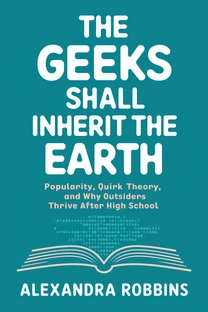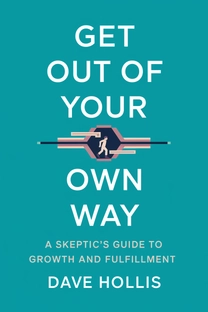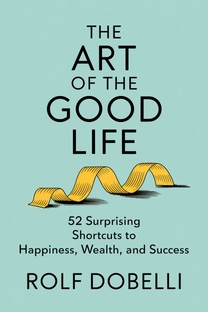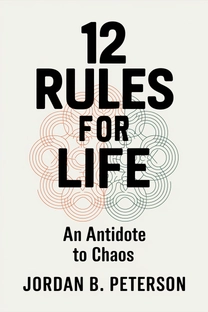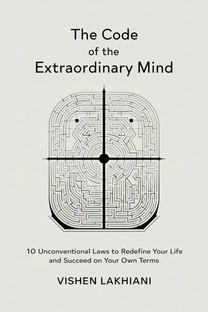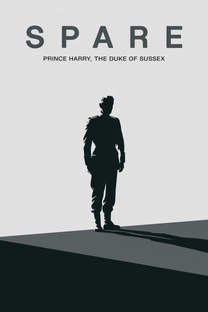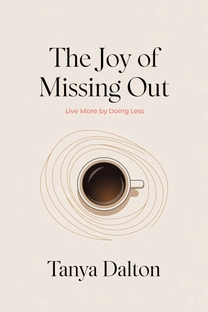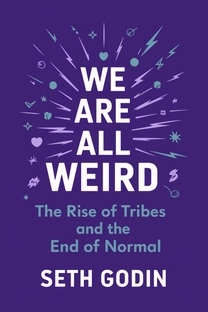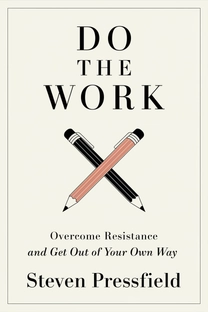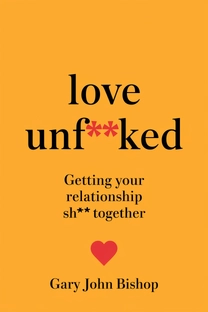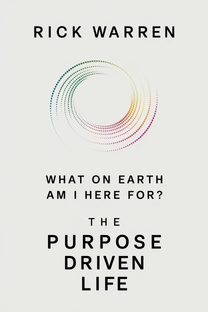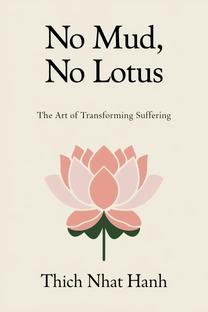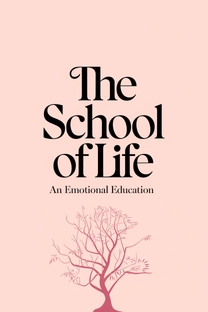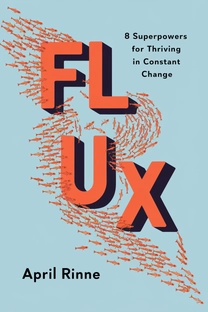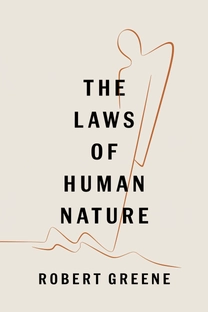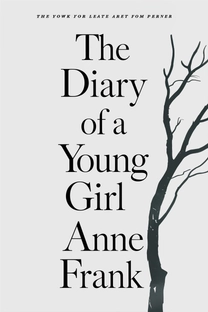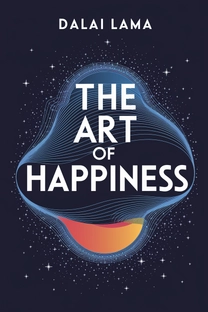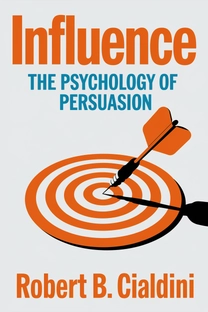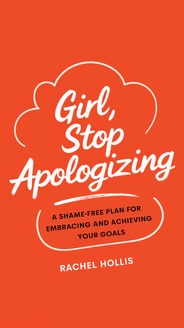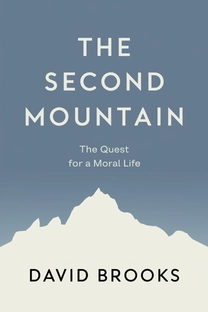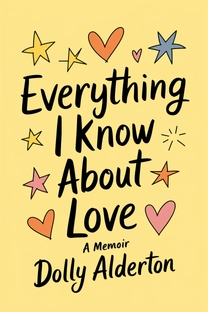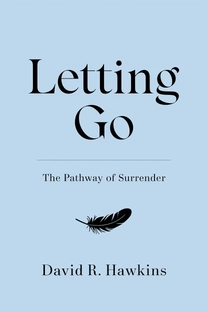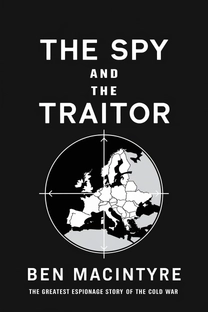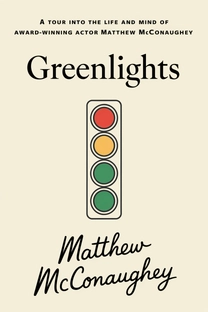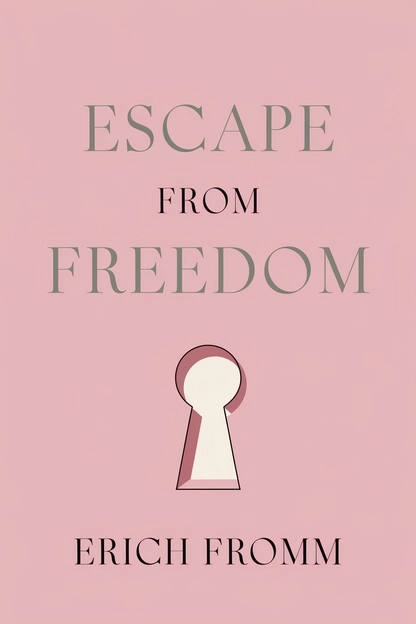
Escape From Freedom
by Erich Fromm
Brief overview
This book examines what happens to individuals when they struggle to be free but also crave security. It illustrates how people can feel isolated and powerless, driving them toward new forms of authority or conformity. By delving into social, cultural, and psychological perspectives, it reveals the tension between independence and the human desire for belonging.
Introduction
Freedom promises new possibilities for individuals, yet it also brings the pangs of isolation and doubt. In a society that celebrates self-reliance, many discover how daunting and lonely it can become to stand on one’s own. This work suggests that modern man’s sense of powerlessness is not a failure of will but a consequence of rapid changes in social structures.
By analyzing historical and cultural transformations, it addresses why people might trade their personal freedoms for comfort and a feeling of belonging. It challenges the notion that freedom merely sets us loose from tradition, highlighting how the resulting displacement can become an invisible prison if we experience overwhelming anxiety and fear.
In this introduction, the focus is on the new kind of ‘aloneness’ that spreads in societies where social bonds are weakened, but individual identity is still developing. The text aims to awaken a consciousness of how we arrived at this predicament and how humanity might reconcile independence with emotional security.
A Past Shaped by Unity
Historically, during the Middle Ages, people were integrated into fixed social roles that gave them stability and purpose. The social order was less about individuality and more about shared customs, communal roles, and religious frameworks. Everyone recognized where they belonged, which minimized feelings of isolation or insignificance.
Life was anchored by the Church and rigid class structures, removing existential uncertainties. Yet such security limited personal freedom. Most choices—where to live, what to do for a living—were enforced by custom or obligation. The modern concept of freedom, where individuals shape their own destinies, was mostly foreign.
As commerce began to expand and old feudal bonds weakened, the first steps toward personal liberation emerged. But with opportunity came the added burden of facing new challenges without time-honored support systems. This tension set the stage for the modern struggle: balancing hard-won freedom with the need for stability and security.
What is Escape From Freedom about?
Escape from Freedom by Erich Fromm is an enlightening exploration into the complex relationship between personal freedom and societal structure. Fromm dives deep into the psychological roots of why people might covertly fear freedom and instead find solace in conformity or authoritarianism. This work embarks on a journey through historical and cultural landscapes to highlight the paradox faced by modern individuals: the desire for freedom colliding with the ingrained yearning for security.
Drawing from the social upheavals of the post-medieval world, Fromm's analysis extends beyond mere historical discourse to a profound exploration of the human psyche. It illuminates how rapid changes in societal frameworks can often leave individuals feeling isolated and overwhelmed, prompting them to seek refuge in external authority or conformity. This book provokes readers into examining the uncomfortable truths about modern life, urging them to navigate the balance between autonomy and the need for belonging with mindful awareness.
By providing a thorough investigation into the psychological mechanisms that drive submission, Fromm offers a compelling argument on the importance of embracing freedom not only as a right but as a complex responsibility. His insights into reconciling individuality with genuine social connections offer a beacon of understanding, making it a landmark piece of literature in the fields of psychology, sociology, and philosophy.
Review of Escape From Freedom
In the eloquently written Escape from Freedom, Erich Fromm crafts a narrative that traverses a labyrinth of social history and psychological analysis. The book's strength lies in its ability to deconstruct the intricate dance between internal psyche and external world dynamics, focusing on how societal shifts shape individuals' perceptions of autonomy and authority.
The book excels in its practical examinations of historical paradigms, showing readers how shifts like the Protestant Reformation uprooted long-standing communal ties in favor of more personal, yet isolated, spiritual relationships. Fromm's ability to relate the intricacies of individual psychology to broader societal trends offers tangible takeaways, highlighting the ongoing tension between autonomy and conformity.
Fromm's writing style is both scholarly and accessible, making complex concepts approachable without diluting the intellectual rigor. The narrative is inviting for readers, taking them through a historical journey while encouraging introspection. The audience for this book spans anyone interested in psychology, sociology, or those wishing to understand the deeper undercurrents of freedom in their own lives. Fromm concludes by urging us not to view freedom as a mere commodity detached from responsibility and connectedness. Highly recommended, this book challenges and enlightens, paving a pathway for deeper understanding of personal and collective freedom.
Who should read Escape From Freedom?
- Psychology Enthusiasts: Delving into the roots of human behavior and societal influence makes this book integral for anyone fascinated by psychological analysis.
- Sociologists: With its focus on the interplay between individual freedom and societal dynamics, the book offers valuable insights for those studying human societies and cultural shifts.
- Philosophers: The deep inquiry into the nature of freedom as both a burden and a privilege provides rich material for philosophical debates on human existence and agency.
- History Buffs: Readers fascinated by the evolution of social structures and ideologies will find Fromm's historical assessments informative and intriguing.
- General Readers: Anyone grappling with life's existential questions or pondering the paradox of freedom in contemporary life will find the narrative both enlightening and accessible.
About the author
Book summaries like Escape From Freedom
Why readers love Mindleap
10-Minute Book Insights
Get the core ideas from the world's best books in just 10 minutes of reading or listening.
Curated For You
Discover your next favorite book with personalized recommendations based on your interests.
AI Book ExpertNew
Chat with our AI to help find the best book for you and your goals.
Reviews of MindLeap
Love how I can get the key ideas from books in just 15 minutes! Perfect for my busy schedule and helps me decide which books to read in full.
Alex R.
The summaries are incredibly well-written and the audio feature is perfect for my commute. Such a time-saver!
Jessica M.
Great app for personal growth. The insights are clear and actionable, and I love how they capture the essence of each book.
Chris P.
The app is beautifully designed and the summaries are top-notch. Definitely worth every penny!
Sarah K.


